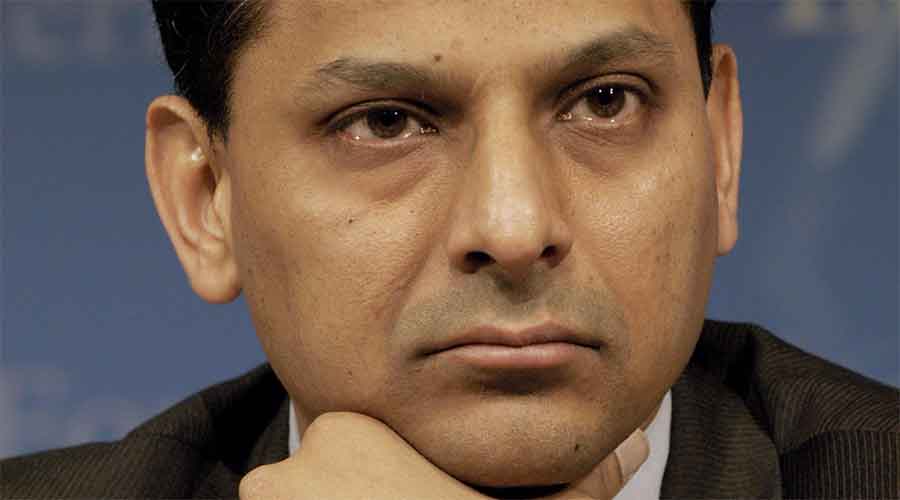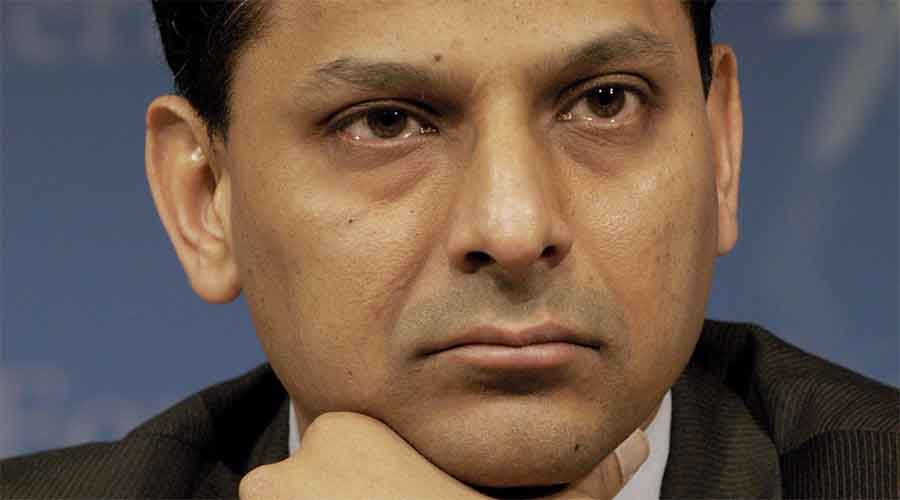Corporate houses may get a shot at banking, once again. An internal working group of the Reserve Bank of India has recommended that large industrial houses should be permitted to set up banks, potentially opening the doors to an arena from where they have been kept out for close to five decades. The move has sparked a buzz of excitement in corporate boardrooms. But it has also drawn sharp criticism from former Mint Street regulators like Raghuram Rajan and Viral Acharya, who have termed it a bombshell that could undermine years of carefully crafted good practices that have been designed to minimize the risks of bank failure. The panel, headed by the RBI director, P.K. Mohanty, has also recommended a couple of other measures which, when seen in totality, can give cause for alarm.
Current regulations stipulate that new private banks must operate within a well-defined corporate structure with investments routed through a non-operative financial holding company. The holding company contains within its ambit all the financial services entities of the group. The idea behind this measure is to ring fence the regulated financial services entities from the other commercial enterprises of the group. The Mohanty panel now says that while this will remain the preferred structure for the new universal banks, they may opt out of it if there are no other group entities within the fold. The panel suggests that the minimum initial investment in the bank will be 40 per cent but the promoters’ stake must come down to 26 per cent within 15 years. Current regulations cap the promoters’ stake at 15 per cent after that period. The reason for raising it to 26 per cent — a key threshold under company law with major implications on ownership and control of the bank — has not been adequately explained. At present, banks are not allowed to have any exposure to the promoter or the promoter group entities. The panel has suggested that banks may be allowed to invest up to 20 per cent of its paid-up share capital and reserves in financial or non-financial services companies if the entity is not a subsidiary, joint venture or associate. The corporate world is full of artifice and is adept at creating elaborate structures that can defeat the intent behind the proposed regulation.
The biggest concern is that it will lead to the concentration of economic power in a few handpicked industrial houses that are close to the Narendra Modi regime. Mr Rajan and Mr Acharya have evocatively termed it as the rise of “authoritarian cronyism”. The panel’s reason for making the widespread changes to bank ownership guidelines is that prudential regulation around the world has started shifting towards “a widespread disaggregated shareholding structure for banks... (under) the Basel guidelines.” This is pure hocus-pocus as well as a very flimsy excuse to potentially arm some industrial houses that have thrived on crony capitalism and dubious business practices with banking licences. The caveats that the Mohanty panel has tried to worm into its report will count for nothing when these new banking players gain access to vast depositor funds and start to manipulate the financial system.












